Five Important Books I Read in 2023
If you're looking to start your 2024 reading year off strong, check out these reads.
Before getting down to business this week, I want to say thank you to the dozens of readers who’ve subscribed to a paid subscription in the last few weeks. That means a lot to me. If you’re interested in joining, paid subs are on sale until December 26th! Just click the button below.
I’ll be away next week and back the first week of the new year. I’m looking forward to connecting with you then and continuing to build this community throughout 2024 and beyond.
Happy holidays!
I read quite a bit for work in 2023. It’s a good deal. But the reading fare was often difficult. And it should be for someone in my line of work. I’m meant to deal with difficult material, process it, think about it, and share it with readers. Sometimes, I come across a book that stays with me for one reason or another. A few of those managed to do so last year, and I’m keen to share them with you in this post.
Fire Weather: The Making of a Beast by John Vaillant
No book in 2023 affected me as much as John Vaillant’s Fire Weather. Maybe because 2023 was the worst year on record in Canada for wildfires and the hottest year on record for the planet. In this book, Vaillant does a world-class job at telling the story of the 2016 Fort McMurray wildfire and warning of the dangers of climate change — which will exacerbate extreme weather and disasters, including fires. It’s a multiple award winner and a must-read. I spoke with Vaillant for the Globe and Mail in November and, like the book, the interview stayed with me.
The Death of the Left: Why We Must Begin From the Beginning Again by Simon Winlow and Steve Hall
The Death of the Left is an excellent, timely critique of the state of the left in the U.S., U.K., and — indirectly — Canada. I reviewed it for the Tyee in June. In the months since its release, it’s only come to seem even more important and urgent. Simon Winlow and Steve Hall make the case that the left must return to a focus on class politics and, in particular, the working class. They chart the rise and fall of the movement throughout the 20th century and outline a strategy for a major refocus aimed at securing popular support and remaking the state.
Seeking Social Democracy: Seven Decades in the Fight for Equality by Ed Broadbent, Frances Abele, Jonathan Sas, and Luke Savage
I absolutely tore through this book. It’s readable, it’s smart, and it’s full of interesting assessments of the history, state, and future of the left in Canada. It’s a mix of conversation and essay, touching on the most important moments for Canada in the latter half of the 20th century and the first decades of the 21st. The book is a fitting tribute to Ed Broadbent, who led the NDP from 1975 to 1989. Moreover, it contains important messages for the contemporary left. I reviewed it back in October for the Tyee and broke down a few big takeaways. But the biggest takeaway is you should read it.
Solomon’s Crown by Natasha Siegel
Solomon’s Crown is a queer romance novel set in the medieval era. It’s a semi-historically accurate story of love between two monarchs, Philip of France and England’s Richard the Lionheart. It’s not meant to be a history book, which gives Siegel license to use fiction to tell bigger truths. It’s political. It’s romantic. It’s smart. If you want to read more about it, I reviewed it for the Globe and Mail in June. It’s a great addition for your 2024 fiction reading list.
Four Thousand Weeks by Oliver Burkeman
I didn’t think I’d add a self-help book to a list of reads that are mostly political. But this book is political. Four Thousand Weeks is both implicitly and expressly critical of capitalism, arguing that industry and contemporary life is often a conveyor belt of production that drains of you of your time and energy for the benefit of others, burning you out and draining away the precious time you have to live — roughly 4000 weeks. It’s life-affirming read, critical of the market and our fundamentally instrumental social and economic order. Plus, it has good tips for reclaiming your focus, time, and priorities.


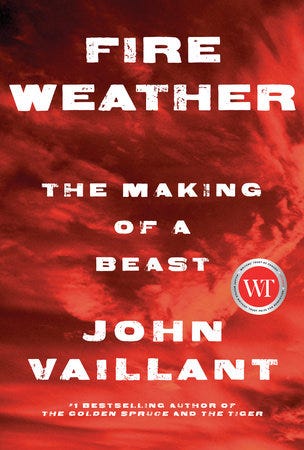
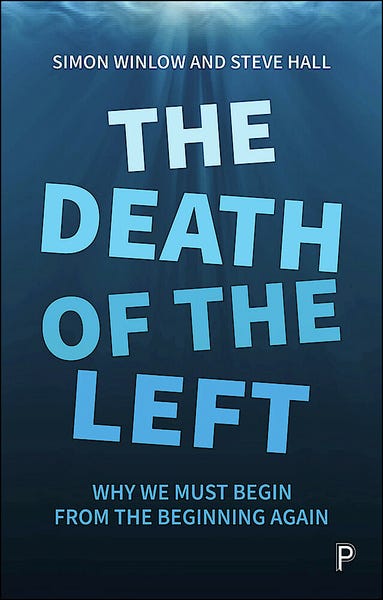
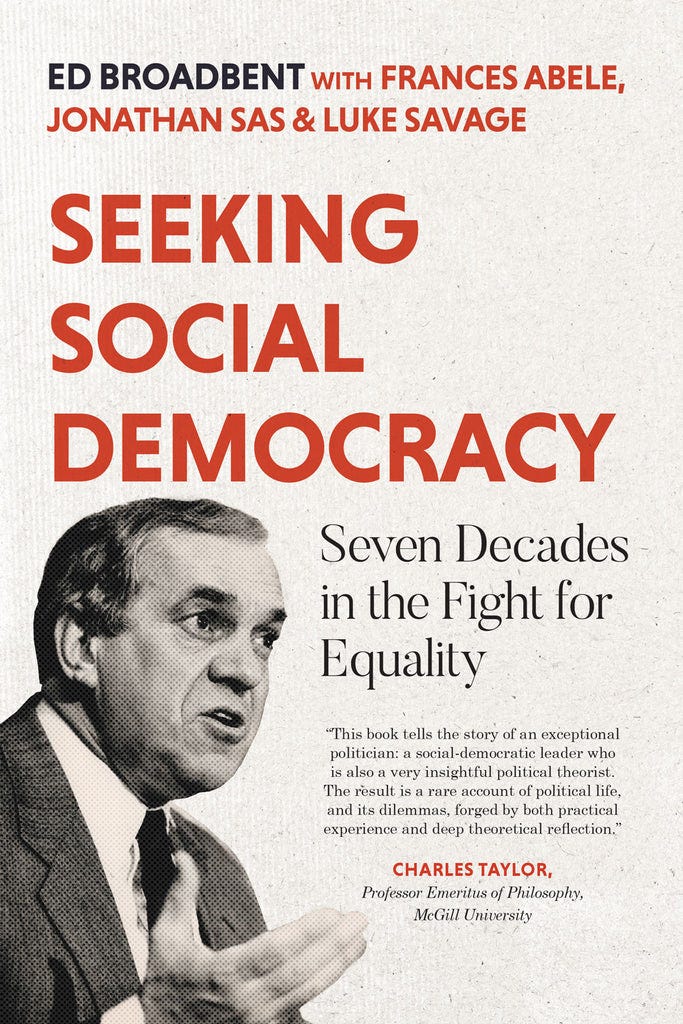
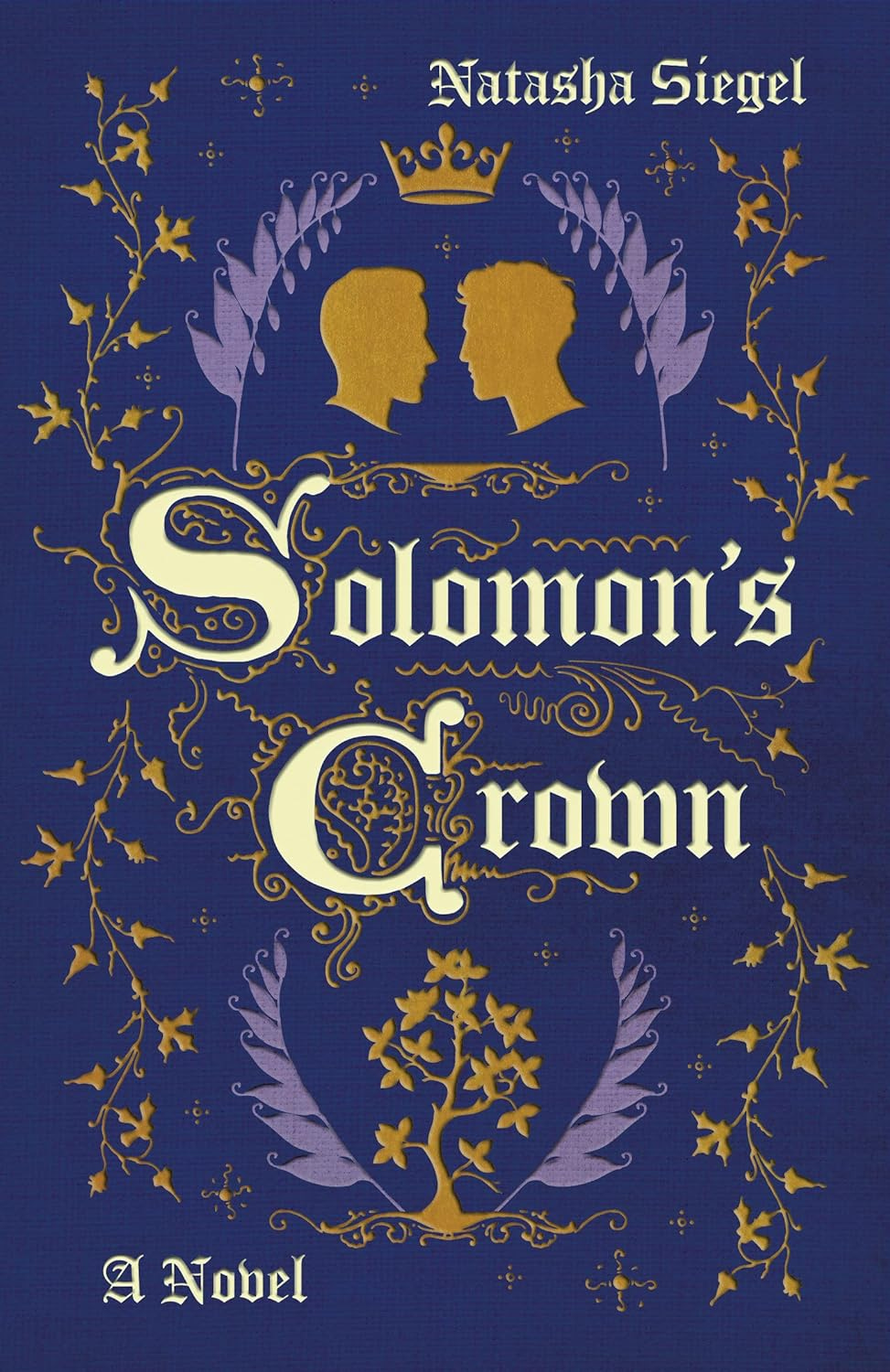
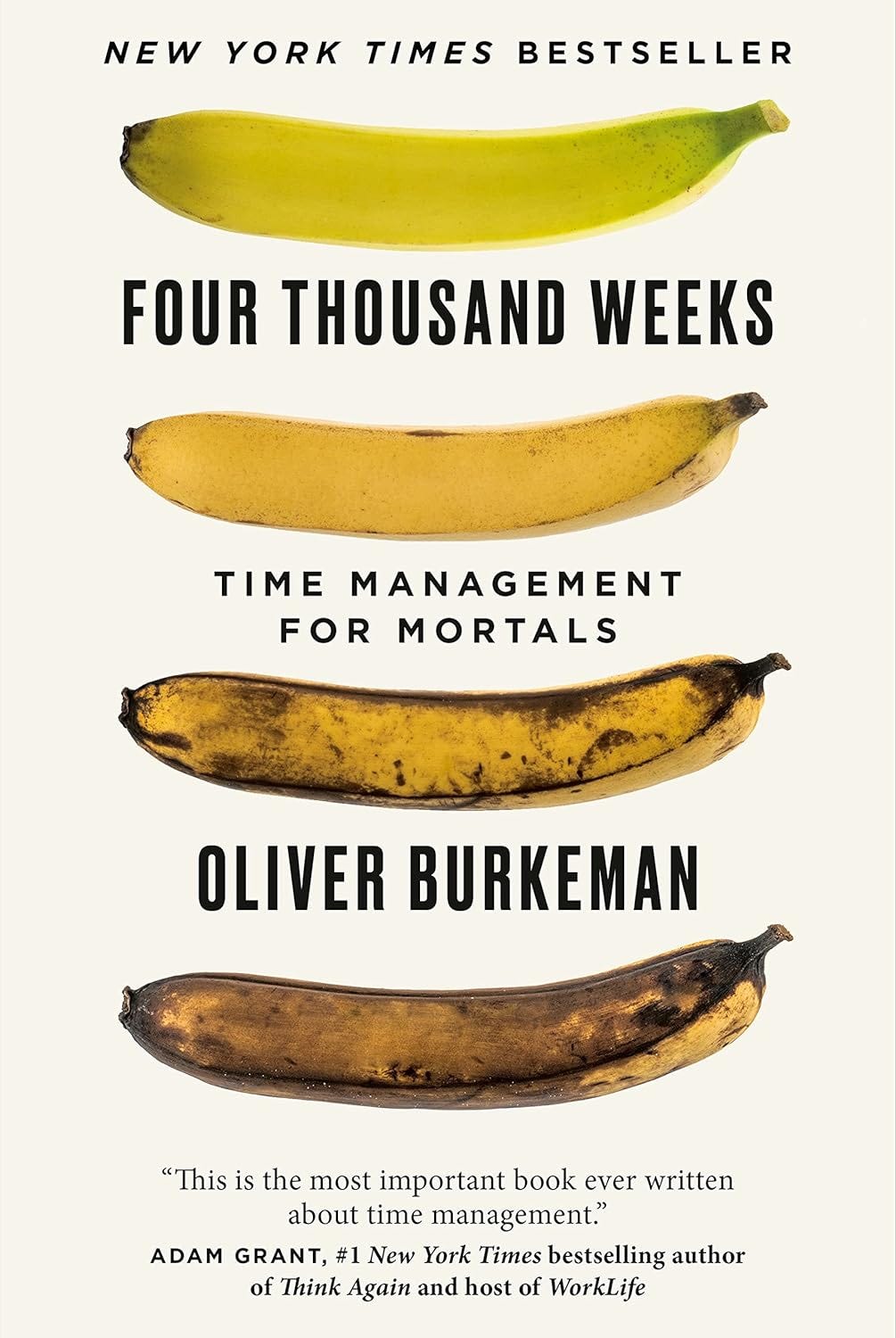
My #1 too
From my own memories:
* G. McGovern wins nomination in '72 because people rather than party-insiders get to pick. Loses 49 states. Democrats invent "Superdelegates" to prevent any re-occurrence for 50 years.
* Carter attempts various liberalizations. Serves one term. Americans swing way right for Reagan, Thatcher shows it's international. Politicians get credit for Fed's inflation fight, austerity and low taxes on high incomes credited as financial genius. "The Left", psychologically, goes into catatonia.
* Left in general runs away from class struggle, is taunted by Gingrich and evangelicals to "liberal" rather than "progressive" fights over human rights for minorities. (Credit to Corey Doctrow for the quick definition: Progressives object to 150 people having the power and money to make nearly all the big decisions in the world; liberals are OK with that as long as minorities are represented in the 150. Clintons were liberal non-progressives.)
* 9/11 is successfully employed to make left-wing geopolitics look naive and near-suicidal, as it was in the Red Scare.
* "The Spirit Level" in 2007, makes clear how damaging neoliberal economics have been for human life; right/left currently involved in effort to pry right out of Iraq. The right continues to control foreign policy right through Obama administration; takes literally 20 years for 9/11 to stop scaring people.
* Moore makes Fahrenheit 11/9, pointing out that Obama threw all the poor communities in Michigan under the bus with lead in their water. Calls upon Democrats to return to progressive values of reducing income inequality.
Q: I've followed all that in real-time for 50 years. Do I really need to read "Death of the Left"?